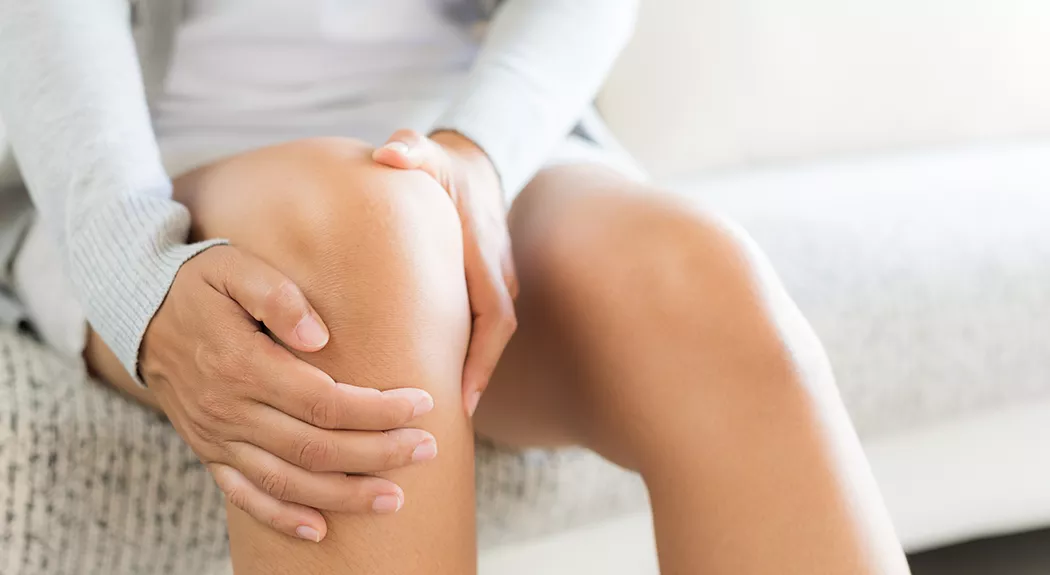by Luminis Health

The first thing you should do is get a proper diagnosis. Many patients with bone and joint pain assume they have arthritis. This can be a dangerous assumption. There are many different causes of joint pain that aren’t related to arthritis. Talk to your doctor to find out what is causing the pain.
Exercise
Moderate exercise is an integral part of treating arthritis. Activities such as walking, swimming, or gardening can help keep your bones strong and your joints limber.
Modify Your Activities
Proper body mechanics can lead to a more effective use of your body and reduce strain on your joints. Here are some guidelines:
- Practice good posture
- Avoid sitting in low chairs to reduce stress on your knees
- While traveling, get up and move around every hour or so
- Avoid running and jumping
- Reduce climbing activities
- Avoid any activity that causes prolonged discomfort.
Take Over-the-Counter Medications/Vitamins As Needed
Pain-relievers and anti-inflammatories can help relieve joint swelling and pain. Pain from arthritis may vary greatly from day to day. Start with medications with the least side effects and take them only when necessary. Plus, supplements with vitamins C and D and calcium may be helpful. Ask your doctor what is best for you.
Things to Consider:
- Orthotics/Braces/Assistive Devices: Various devices are available to help minimize pain, discomfort, and stress. They can assist you in accomplishing tasks more simply. Ask your physician or physical therapist if there are devices that would help you.
- Prescription Medications: When over-the-counter medications are ineffective in reducing the pain, swelling, and stiffness from arthritis then prescription medications may be helpful.
- Injections: Cortisone injections directly into joints may help relieve both swelling and pain.
- Surgery: Surgeons specializing in arthritis can provide you with all of the options and help determine if surgery is right for you.
To learn more, visit askAAMC.org/Joint.
Originally published March 5, 2015. Last updated April 26, 2018.



